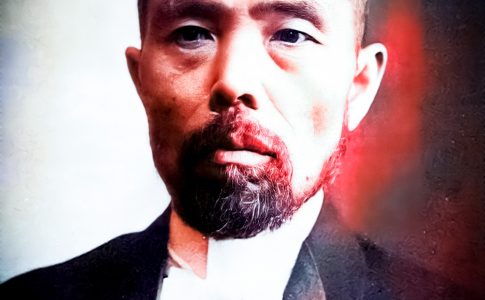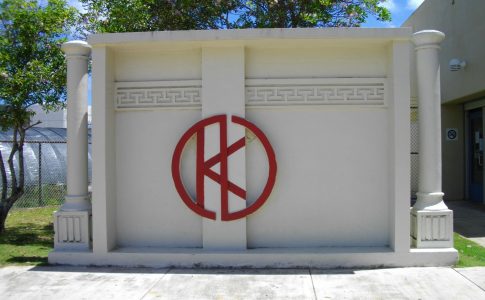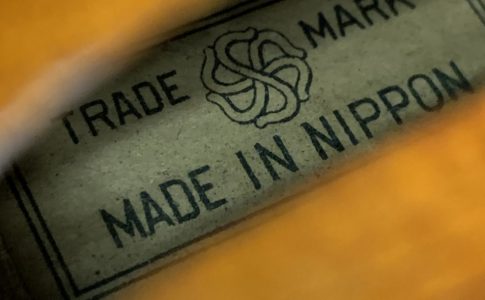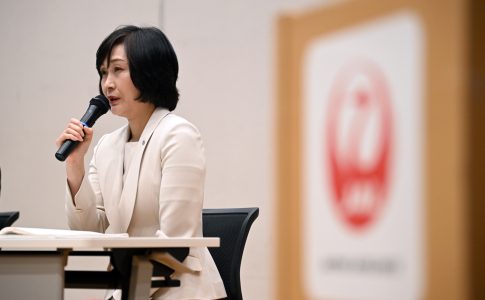On May 16, 2007, Kazuo Inamori, the visionary founder of Kyocera (1932-2022), delivered a lecture at the Tokyo Stock Exchange that would later be hailed as “The Legendary TSE Speech.” His profound insights into the essence of management and philosophy in business continue to be celebrated and passed down to this day.
Inamori was invited to speak by then-Chairman of the Tokyo Stock Exchange, Taizo Nishimuro (1935-2017), who lamented the prevailing culture of materialism highlighted by incidents like the Livedoor scandal. Nishimuro, who had also served as the Chairman of Toshiba, requested Inamori to elucidate on “Why Philosophy is Necessary in Management.” Ironically, Nishimuro himself would later be implicated in the Toshiba accounting scandal of 2015, tarnishing his latter years in what some might call a twist of fate.
Since Inamori’s passing, the mantle of the “philosopher manager” has been hard to claim. However, one individual who has been described in such terms is Yoshimitsu Kobayashi, the 77-year-old Chairman of Tokyo Electric Power Holding (TEPCO HD). The Nikkei Shimbun, on May 9, 2021, featured Kobayashi under the headline “A Philosopher Manager Takes on the Challenge of Reconstruction,” upon his appointment as Chairman of TEPCO HD.
Kobayashi was inspired during his postgraduate studies at the University of Tokyo by the works of Isaiah Ben-Dasan (a pen name of critic Yamamoto Shichihei), which led him to study in Israel. His experiences in the desert, living amidst the constant reminders of life and death, profoundly impacted his worldview, as highlighted in the aforementioned Nikkei article. Kobayashi took the helm as President of Mitsubishi Chemical Holdings (now Mitsubishi Chemical Group) in April, the same year as Inamori’s legendary lecture, marking his entry into leadership as a president with a background in research, holding a Ph.D. in science.
Born on November 18, 1946, in Koshigaya Town (now part of Minami Alps City), Yamanashi Prefecture, Kobayashi grew up surrounded by mulberry fields and streams in a region known for its textile industry. He graduated from one of the top high schools in Yamanashi Prefecture, Kofu First High School, and proceeded to the University of Tokyo, where he delved into the study of correlational physics, focusing on atomic energy and the structure, function, and interactions of materials.
His decision to study abroad at the Hebrew University was partly due to the advanced research in atomic physics there. However, with the deteriorating Middle East situation in 1973, he moved to the University of Pisa, Italy, returning to Japan in 1974. Abandoning an academic career, he joined Mitsubishi Chemical Industries (the predecessor of Mitsubishi Chemical) following the birth of his first son, a decision that led him to an unexpected path in life and business.
Throughout his career, Kobayashi was known for his forthrightness, a trait that sometimes stirred controversy, such as when he criticized the delay in restructuring unprofitable businesses, bluntly stating, “The seniors are war criminals.” Despite such bold statements, his reputation as a debater and critical thinker led to significant roles, including Vice-Chairman of the Japan Association of Corporate Executives, where he succeeded Takeda Pharmaceutical’s Chairman, Yasuchika Hasegawa, as the representative director in 2015.
Kobayashi’s influence as a business leader often surpassed that of his contemporaries, challenging the complacency within Japanese corporations with his incisive critiques. However, his decision-making came under scrutiny, particularly with the appointment of his successor at the Japan Association of Corporate Executives and the controversial personnel changes at Mitsubishi Chemical, questioning his judgment and highlighting the challenges of leadership and corporate governance.
As Kobayashi’s tenure as TEPCO’s chairman progresses, the absence of a significant impact raises questions about the effectiveness of his leadership in steering the company through its ongoing challenges. His discreet approach contrasts sharply with the hands-on, transformative management style of Inamori, whose legacy as a “philosopher manager” remains unparalleled, underscoring the profound influence of leadership that is deeply engaged with the workforce and committed to genuine change.












Leave a Reply